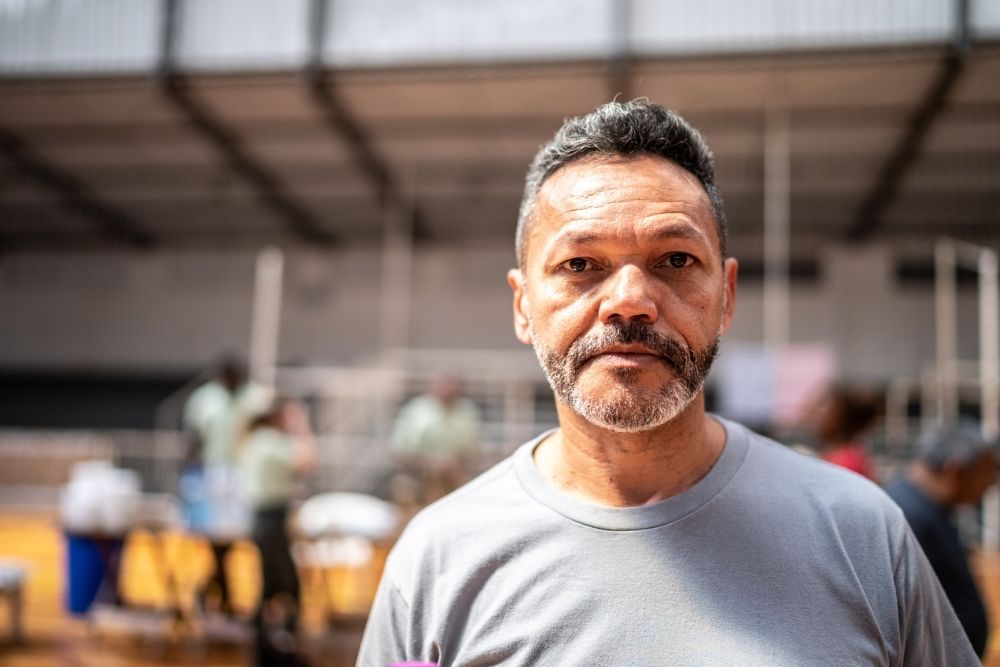Mental illness and homelessness are issues that fuel each other. A person who does not have safe, stable housing is at increased risk for mental health struggles, and a person with mental health concerns is also more likely to have difficulty with housing security. At Highland Hospital Behavioral Health in Charleston, West Virginia, we think it is important for people to understand the interconnection between these issues to make the changes necessary for a healthier society.
How Being Unhoused Contributes to Mental Illness
After a rough day, how do you manage your stress? Do you make a delicious meal, watch your favorite show, or have a long soak in the tub? Imagine you have no kitchen, no television, and no bathtub. What if you had to remain constantly vigilant, even when you were asleep, to ensure that the few possessions you still had did not get stolen? How do you think it might impact your ability to work if you weren’t sleeping well, couldn’t use a large number of your coping skills, and had difficulty accessing a shower consistently? On top of all of this, imagine knowing that there are also people who look down on you for being unhoused, who see you as a problem, rather than recognizing that you are just a person who is struggling, and who will try to make it a crime for you to just exist in places where you try to seek shelter. If you didn’t have mental health struggles before, one could see how all of this might lead to one.
In addition to managing the above scenario, they may also be at increased risk for communicable diseases and becoming victims of violence, and struggle to receive medical care or mental health treatment. If they somehow manage to get medical and mental health support, they still need to be able to fill their prescriptions, ensure they take them as prescribed, and return for future visits, all while not knowing if they will have a place to sleep or food to eat tonight, next week, or next month.
Safe, stable, affordable housing prevents legal system involvement, reduces hospitalizations, and supports mental health recovery.
How Mental Health Disorders Can Destabilize Housing
It is estimated that between 25-30 percent of homeless people have a serious mental health disorder. Studies going back decades have pointed out that unhoused people are more likely to have schizophrenia, depression, suicidal thoughts, trauma, and substance use disorders. Some of the most common symptoms of well-known mental health disorders can directly impact a person’s housing status:
- Lack of energy, potentially leading to absenteeism and an inability to maintain a clean home
- Irritability, which could create challenges getting along with employers, colleagues, and housemates
- Insomnia or excessive sleeping, which could undermine productivity further
- Difficulty concentrating, which can lead to mistakes at work
- Excessive worrying, which can undermine a person’s productivity
- Nausea and stomach issues, which can lead to increased absenteeism from work
- Symptoms similar to depression, with all of the potential issues listed for that disorder
- Anxiety, with all of the potential issues listed for that diagnosis
- Manic symptoms, which can cause poor decision-making
- Psychosis, which could lead to a person behaving erratically
- Inability to meet work and family obligations, due to focus on getting drunk or high.
- Spending money on the drug, even when they cannot really afford it, potentially even spending rent or mortgage money to fuel the addiction
- Doing whatever it takes to get the drug, including lying or stealing
- Driving under the influence
Housing First
One of the barriers that unhoused people face, as they attempt to regain housing, is that they are often expected to get their mental health or substance use problems under control by complying with medication usage, refraining from substance use, and being generally “worthy” of housing, before they will be considered for programs that could help them get into shelters or homes. Housing First initiatives take the approach that a person first needs to have a safe, stable place to live before they can be expected to manage behavioral health concerns effectively.
At Highland Hospital, we treat children, adolescents, and adults with serious behavioral health concerns. We have seen firsthand how challenging their lives can be, without experiencing homelessness on top of their other concerns. Our team begins to plan for discharge at admission, to help patients return to their communities as smoothly as possible.






